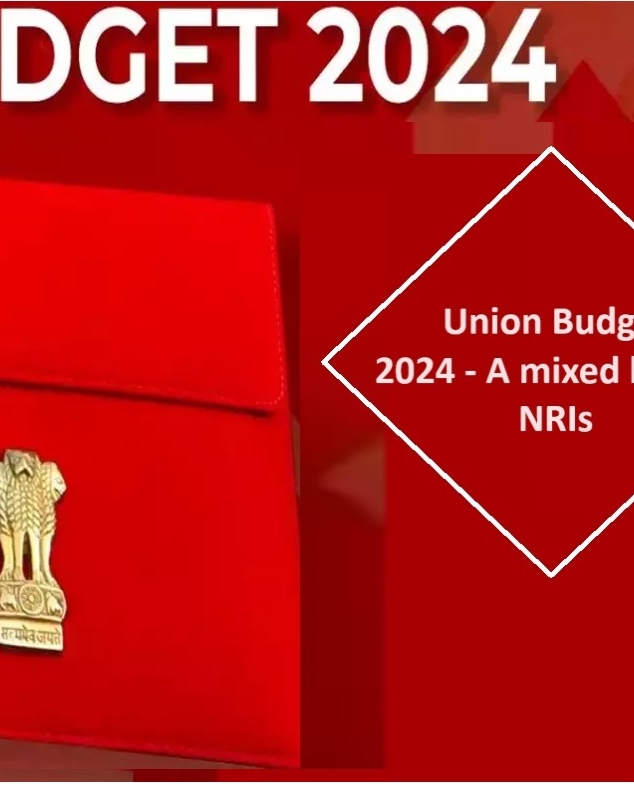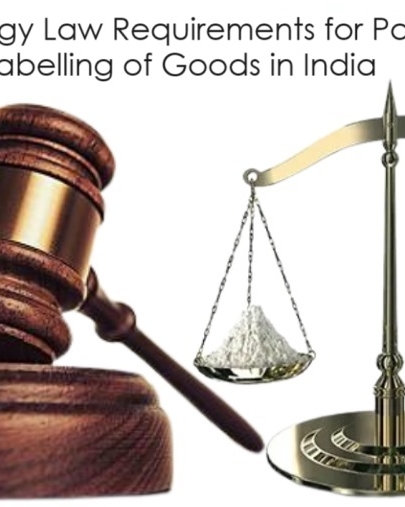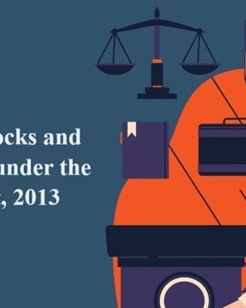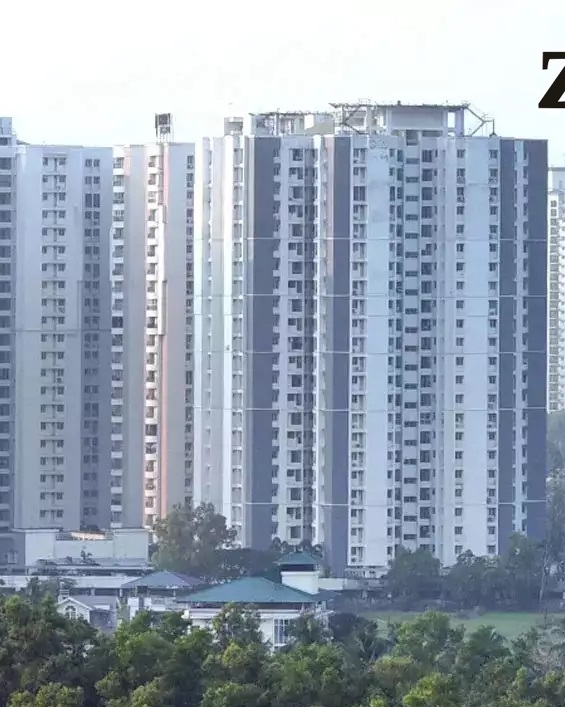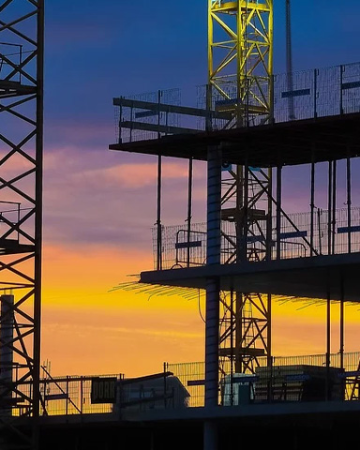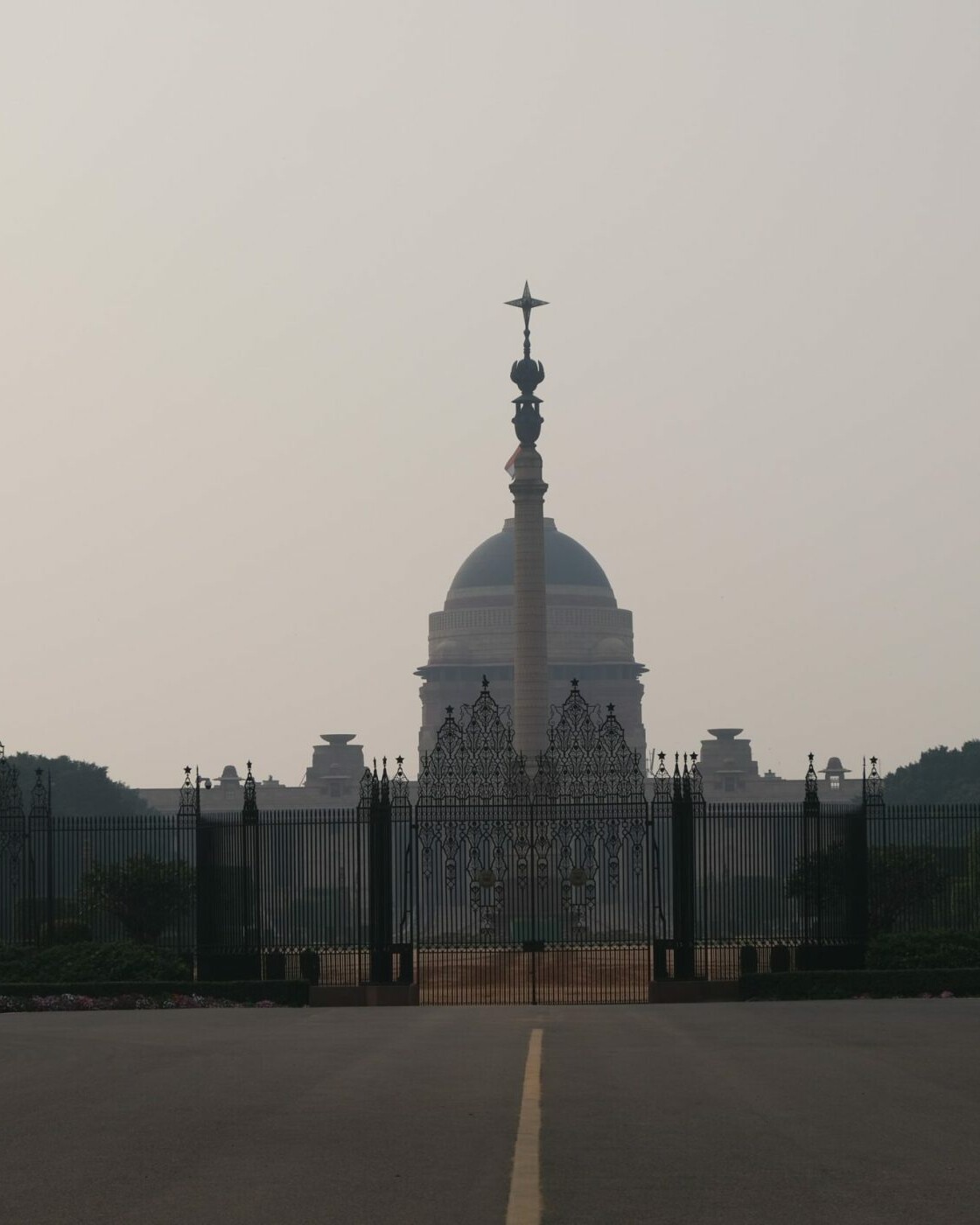Maintainability of appeals under the Commercial Courts Act, 2015: A Predicament
Author: Ms. Pankhuri Jain, Partner & Ms. Nikita Maheshwari, Associate at ZEUS Law
Published in Livelaw on 06th December 2022
The High Court of Delhi has recently commented on the maintainability of appeals under the Commercial Courts, Commercial Division and Commercial Appellate Division of High Courts Act, 2015 (“CC Act”) in many cases. However, the varying views taken by the Hon’ble Court in the different cases has added to the growing culture of legal predicament in India.
The CC Act: A question of Interpretation
The CC Act, which has a fairly long legislative history, was finally introduced in 2015 with the stated aim of expediting the disposal of high-value commercial litigation. It was envisioned that the CC Act would “accelerate economic growth; improve the image of the Indian justice delivery system; and improve the faith of the investor world in the legal culture of the nation”.[1]
Undoubtedly, Section 13 which provides for ‘Appeals from decrees of Commercial Courts and Commercial Divisions’ is one of the most disputable provisions of the CC Act. The purpose of the CC Act manifests itself in Section 13(1), which provides that an appeal will lie from a ‘decision’ of the Commercial Court or Commercial Division of a High Court to the Commercial Appellate Division of that High Court within a period of sixty days from the date of ‘judgment’ or ‘order’, as the case may be.
It has been well settled by the Supreme Court of India that an appeal is a creature of the statute. The right of appeal is not a natural or inherent right and therefore an appeal for its maintainability must have the clear authority of law[2]. Since the right of appeal is a statutory right, there is no reason why the legislature while granting the right cannot impose conditions for the exercise of such a right so long as the conditions are not so onerous as to amount to unreasonable restrictions rendering the right almost illusory[3].
Prima facie, Section 13 of the CC Act seeks to curtail interference by an Appellate Court and restrict the right of appeal. However, the wording leaves much room for interpretation and has led to a multitude of contradictory decisions by the Courts in India, thus adding to this judicial quagmire. For the purpose of the present article, we shall focus on the proviso to Section 13(1A) of the CC Act, which clearly states that the appeal lies only from orders passed by a Commercial Division or a Commercial Court that are specifically enumerated under Order XLIII of the Code of Civil Procedure, 1908 (“Code”) and Section 37 of the Arbitration and Conciliation Act, 1996 (“A&C Act”).
Settled position by the Supreme Court of India
The Supreme Court in Kandla Export Corporation vs. OCI Corporation [4](“Kandla Export”) was faced with the issue whether an appeal, not provided for under Section 50 of the A&C Act, would nonetheless be maintainable under Section 13 of the CC Act. The Supreme Court, while relying on the dicta laid down in Fuerst Day Lawson Limited and Others vs. Jindal Exports Limited and Others[5] answered the question in negative and held that:
“13. Section 13(1) of the Commercial Courts Act, with which we are immediately concerned in these appeals, is in two parts. The main provision is, as has been correctly submitted by Shri Giri, a provision which provides for appeals from judgments, orders and decrees of the Commercial Division of the High Court. To this main provision, an exception is carved out by the proviso. The primary purpose of a proviso is to qualify the generality of the main part by providing an exception…
- The proviso goes on to state that an appeal shall lie from such orders passed by the Commercial Division of the High Court that are specifically enumerated under Order XLIII of the Code of Civil Procedure Code, 1908, and Section 37 of the Arbitration Act. It will at once be noticed that orders that are not specifically enumerated under Order XLIII of the CPC would, therefore, not be appealable, and appeals that are mentioned in Section 37 of the Arbitration Act alone are appeals that can be made to the Commercial Appellate Division of a High Court.”
The judgement in Kandla Export was reiterated and reaffirmed in various other judgements of the Apex Court, including the landmark case of BGS SGS Soma JV vs. NHPC Limited [6]. The 3-judge Bench led by Justice R.F. Nariman (Retd.) noted that given the fact that there is no independent right of appeal under Section 13(1) of the CC Act, which merely provides the forum of filing appeals, it is the parameters of the Section 37 of the A&C Act alone which have to be looked at in order to determine the maintainability of the appeals.
Varying perspectives of High Courts
Before the pronouncement on the subject by the Apex Court, the Commercial Appellate Division of the High Court of Bombay in Hubtown Limited vs. IDBI Trusteeship Limited [7] (“Hubtown Limited”), while adjudicating an appeal from the order of the Commercial Division opined that the ambit of Section 13 of the CC Act was broader than the category of orders falling under Order XLIII of the Code.
While disagreeing with the view taken by the Bombay High Court in Hubtown Limited, the Appellate Division of the Delhi High Court in HPL (India) Limited vs. QRG Enterprises [8] (“HPL”) adjudicated upon the issue of maintainability of the appeal under Section 13 of the CC Act, arising from the impugned order which was not specified under Order XLIII of the Code, and restricted the right of appeal.
Thereafter, the Hon’ble Supreme Court in Kandla Export by observing that a wide interpretation given to the scope of appeal under Section 13(1) of the CC Act would be directly contrary to the object sought to be achieved by the CC Act, restricted the gamut of right of appeal under the CC Act, thereby furthering its purport.
However, the judgement of the Division Bench of the High Court of Delhi in D&H India Limited vs. Superon Schweisstechnik India Limited [9] (“D&H India”), while answering the same issue of maintainability, has inadvertently failed to even consider the earlier binding precedent set by the Apex Court in Kandla Export, thus adding to the legal predicament.
Subsequently, the Division Bench of the High Court of Delhi in Delhi Chemical and Pharmaceutical Works Private Limited and Another vs. Himgiri Realtors Private Limited and Another [10] (“Delhi Chemicals”), while opining on the issue of maintainability of the appeal before it under Section 13 of the CC Act was faced with two antithetical views of the earlier Division Benches of the High Court of Delhi in D&H India and HPL. While relying upon the law laid down in D&H India, the Division Bench in Delhi Chemicals expanded the scope of Section 13 of the CC Act and held the appeal against an order passed under Section 36 of the A&C Act to be maintainable.
The order passed in enforcement proceedings under Section 36 of the A&C Act is not one of the orders against which an appeal can be filed under Section 37 of the A&C Act or Order XLIII of the Code, as explicitly stated in the proviso to Section 13(1A) of the CC Act. An arbitral award is enforced by the courts in the same manner as if it were a decree of a court, and is broadly governed by Order XXI of the Code.
The judgement in Delhi Chemicals has also seemingly ignored the earlier decision of the Division Bench of the High Court of Delhi on the same issue in Prasar Bharati vs. Stracon India Limited [11], wherein while referring to the judgement in Kandla Export, the Court observed that since the statute does not provide for an appeal against an order passed under Section 36 of the A&C Act, it is axiomatic that the present appeal before it was also not maintainable.
Since then, a large number of judgements have been rendered on the subject. A similar view by following the dicta laid down in Kandla Export and HPL was taken by the Division Bench of the Bombay High Court in Kakade Construction Company Ltd. vs. Vistra ITCL (India) Limited [12], and the Division Benches of the High Court of Delhi in Reliance Communications Limited vs. ATC Telecom Infrastructure Private Limited [13], South Delhi Municipal Corporation vs. M/s Tech Mahindra[14], amongst others.
Recently, after the Delhi Chemicals judgement, the Division Bench of the High Court of Delhi in Odeon Builders Private Limited and Others vs. NBCC (India) Limited and Others[15] (“Odeon Builders”), has dealt with issue of maintainability of appeals under Section 13 of the CC Act while relying on various judgements and held that:
“10. A perusal of the above extract shows that the Supreme Court has already interpreted and pronounced upon the scope of the appeals maintainable under Section 13 of the Commercial Courts Act, and while doing so, the Supreme Court has held that the primary purpose of the proviso is to qualify the generality of the main part by providing an exception.
- This decision of the Supreme Court in Kandla Export Corporation (supra) decided on 07.02.2018, was rendered prior to the judgment in D & H India Ltd. vs. (supra), rendered by a Division Bench of this Court. However, this judgment was, apparently, not brought to the notice of the Division Bench and has, therefore, escaped the attention of the Division Bench.
- With due respect, the judgment of the Division Bench in D & H India Ltd. (supra) cannot be regarded as laying down the correct interpretation of Section 13 of the Commercial Courts Act, and we are, therefore, not bound to follow the same, since there is a contrary view of the Supreme Court. We are bound by the judgment of the Supreme Court. In the ordinary course, we would have referred the decision in D & H India Ltd. vs. (supra) for reconsideration by a larger Bench since, we were inclined to take a contrary view to that taken in D & H India Ltd. (Supra). However, since the issue already stands settled by the Supreme Court, there is no necessity to adopt that course of action. Hence, in our view, these appeals are not maintainable, since none of the impugned orders are appealable under Order XLIII Rule 1 of the Civil Procedure Code.”
The earlier judgement of the Division Bench in D&H India, which forms the basis of the decision in Delhi Chemicals, has been declared as bad in law by the Division Bench in Odeon Builders . The Division Bench in Odeon Builders has observed that D&H India cannot be regarded as giving the correct interpretation of Section 13 of the CC Act and therefore, should not be followed.
Conclusion: The Way Forward
The Supreme Court has time and again held that the A&C Act is a self-contained code on the matters pertaining to arbitration, and which is exhaustive. The dicta in Kandla Export is clear that in respect of the orders arising from the A&C Act; an appeal will lie only to the extent provided under Section 37 of the A&C Act. Moreover, Article 141 of the Constitution of India provides that the law declared by the Supreme Court shall be binding on all courts within the territory of India
The legislative intent behind the CC Act, is to speedily adjudicate upon the matters pertaining to commercial disputes and their speedy enforcement. Any interpretation of Section 13 of the CC Act allowing appeal against orders other than those enumerated under Order XLIII of the Code and Section 37 of the A&C Act would further delay the judicial process and render otiose the object sought to be achieved by the CC Act.
In the authors’ opinion, the D & H India judgement and therefore, the Delhi Chemicals judgement, by ignoring the previous decision of the Supreme Court in Kandla Export, are rendered per incuriam as per the concept of per incuriam explained by the Supreme Court in Hyder Consulting (UK) Limited vs. State of Orissa[16].
Having regard to the findings in the contrary judgements and the varying stances being taken in multiple cases by the High Courts across the Country, it is only a matter of time before this legal quandary is referred to the Supreme Court for resolution. It is our hope that the Supreme Court will take any such opportunity to settle the judicial lacuna that exists and harmonise the law, once and for all. Till then, the imbroglio continues!
****
[1] Statement of Objects and Reasons, “The Commercial Courts, Commercial Division and Commercial Appellate Division of High Courts Act, 2015”
[2] Ganga Bai vs. Vijay Kumar, AIR 1974 SC 1126
[3] Anant Mills Co. Ltd. vs. State of Gujarat, AIR 1975 SC 1234
[4] 2018 (14) SCC 715: decided on 07.02.2018
[5] (2011) 8 SCC 333: decided on 08.07.2011
[6] (2020) 4 SCC 234: decided on 10.12.2019
[7] MANU/MH/2182/2016: decided on 24.10.2016
[8] 2017 SCC OnLine Del 6955: decided on 14.02.2017
[9] 2020 SCC OnLine Del 477: decided on 16.03.2020
[10] 2021 SCC OnLine Del 3603: decided on 05.07.2021
[11] 2020 SCC OnLine Del 737: decided on 13.07.2020
[12] 2019 SCC OnLine Bom 1521: decided on 09.08.2019
[13] EFA(OS) (COMM) 4/2019: decided on 12.02.2019
[14] 2019 SCC OnLine Del 11863: decided on 12.02.2019
[15] 2021 SCC OnLine Del 4390: decided on 10.09.2021
[16] (2015) 2 SCC 189: decided on 25.11.2014







